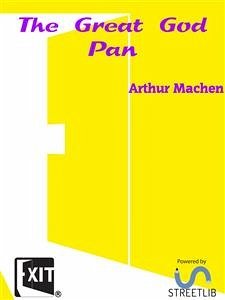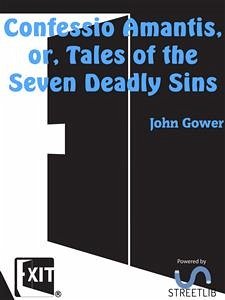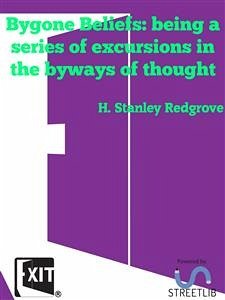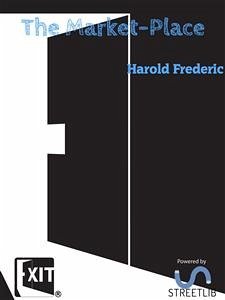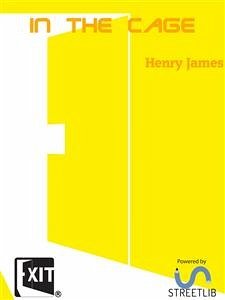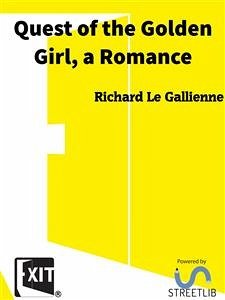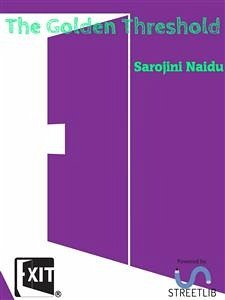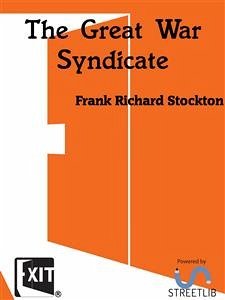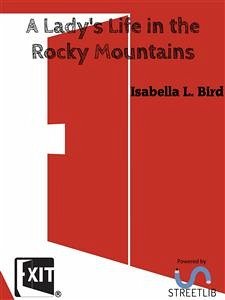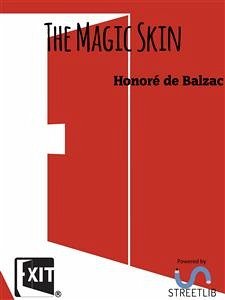
Memoirs of Carwin the Biloquist (A Fragment) (eBook, ePUB)
Sofort per Download lieferbar
0,99 €
inkl. MwSt.

PAYBACK Punkte
0 °P sammeln!
Chapter I. I was the second son of a farmer, whose place of residence was a western district of Pennsylvania. My eldest brother seemed fitted by nature for the employment to which he was destined. His wishes never led him astray from the hay-stack and the furrow. His ideas never ranged beyond the sphere of his vision, or suggested the possibility that to-morrow could differ from to-day. He could read and write, because he had no alternative between learning the lesson prescribed to him, and punishment. He was diligent, as long as fear urged him forward, but his exertions ceased with the cessat...
Chapter I.
I was the second son of a farmer, whose place of residence was a western district of Pennsylvania. My eldest brother seemed fitted by nature for the employment to which he was destined. His wishes never led him astray from the hay-stack and the furrow. His ideas never ranged beyond the sphere of his vision, or suggested the possibility that to-morrow could differ from to-day. He could read and write, because he had no alternative between learning the lesson prescribed to him, and punishment. He was diligent, as long as fear urged him forward, but his exertions ceased with the cessation of this motive. The limits of his acquirements consisted in signing his name, and spelling out a chapter in the bible.
My character was the reverse of his. My thirst of knowledge was augmented in proportion as it was supplied with gratification. The more I heard or read, the more restless and unconquerable my curiosity became. My senses were perpetually alive to novelty, my fancy teemed with visions of the future, and my attention fastened upon every thing mysterious or unknown.
My father intended that my knowledge should keep pace with that of my brother, but conceived that all beyond the mere capacity to write and read was useless or pernicious. He took as much pains to keep me within these limits, as to make the acquisitions of my brother come up to them, but his efforts were not equally successful in both cases. The most vigilant and jealous scrutiny was exerted in vain: Reproaches and blows, painful privations and ignominious penances had no power to slacken my zeal and abate my perseverance. He might enjoin upon me the most laborious tasks, set the envy of my brother to watch me during the performance, make the most diligent search after my books, and destroy them without mercy, when they were found; but he could not outroot my darling propensity. I exerted all my powers to elude his watchfulness. Censures and stripes were sufficiently unpleasing to make me strive to avoid them. To effect this desirable end, I was incessantly employed in the invention of stratagems and the execution of expedients.
I was the second son of a farmer, whose place of residence was a western district of Pennsylvania. My eldest brother seemed fitted by nature for the employment to which he was destined. His wishes never led him astray from the hay-stack and the furrow. His ideas never ranged beyond the sphere of his vision, or suggested the possibility that to-morrow could differ from to-day. He could read and write, because he had no alternative between learning the lesson prescribed to him, and punishment. He was diligent, as long as fear urged him forward, but his exertions ceased with the cessation of this motive. The limits of his acquirements consisted in signing his name, and spelling out a chapter in the bible.
My character was the reverse of his. My thirst of knowledge was augmented in proportion as it was supplied with gratification. The more I heard or read, the more restless and unconquerable my curiosity became. My senses were perpetually alive to novelty, my fancy teemed with visions of the future, and my attention fastened upon every thing mysterious or unknown.
My father intended that my knowledge should keep pace with that of my brother, but conceived that all beyond the mere capacity to write and read was useless or pernicious. He took as much pains to keep me within these limits, as to make the acquisitions of my brother come up to them, but his efforts were not equally successful in both cases. The most vigilant and jealous scrutiny was exerted in vain: Reproaches and blows, painful privations and ignominious penances had no power to slacken my zeal and abate my perseverance. He might enjoin upon me the most laborious tasks, set the envy of my brother to watch me during the performance, make the most diligent search after my books, and destroy them without mercy, when they were found; but he could not outroot my darling propensity. I exerted all my powers to elude his watchfulness. Censures and stripes were sufficiently unpleasing to make me strive to avoid them. To effect this desirable end, I was incessantly employed in the invention of stratagems and the execution of expedients.



